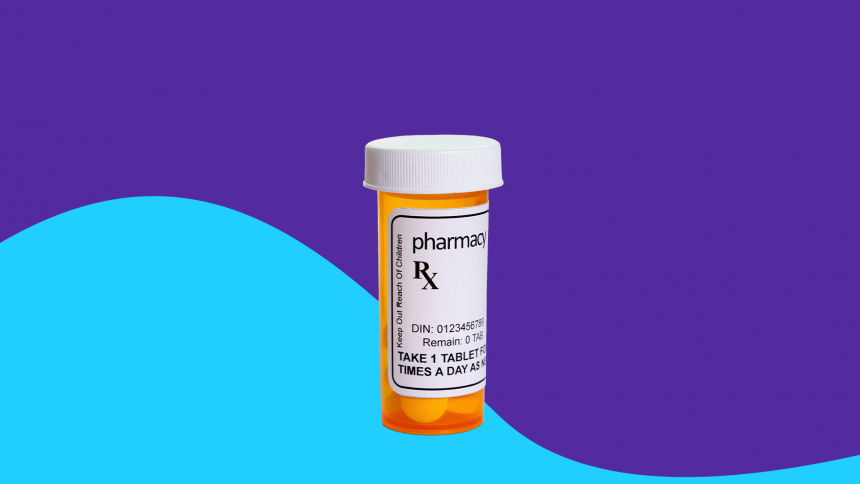Adderall is a prescription medication primarily used to treat Attention Deficit Hyperactivity Disorder (ADHD) and narcolepsy. It contains a combination of amphetamine and dextroamphetamine, two central nervous system stimulants that influence neurotransmitters in the brain to help improve focus, impulse control, and wakefulness.
While Adderall is commonly prescribed for ADHD and narcolepsy, it may occasionally be used for other off-label purposes under a doctor’s supervision.
How Does Adderall Work?
Adderall increases dopamine and norepinephrine levels in the brain, enhancing alertness, attention span, and impulse regulation. It is available in two formulations:
- Adderall IR (Immediate Release) – Effects last 4-6 hours per dose.
- Adderall XR (Extended Release) – Effects last 10-12 hours per dose.
Adderall Dosage and Administration
For ADHD Treatment
- Adults (IR): Start with 5 mg once or twice daily, with dose adjustments at 5 mg increments weekly if needed. Maximum dose: 40 mg per day.
- Adults (XR): Initial dose of 20 mg once daily in the morning.
- Children (3-5 years, IR only): Begin with 2.5 mg daily, adjusting as needed.
- Children (6-17 years, IR): Start with 5 mg once or twice daily, with a max dose of 40 mg per day.
- Children (6-12 years, XR): Start with 5-10 mg once daily, increasing weekly if necessary (max: 30 mg per day).
For Narcolepsy Treatment
- Adults & Children 12+ (IR): Start with 10 mg per day, increasing 10 mg weekly as needed (max: 60 mg per day).
- Children (6-11 years, IR): Begin with 5 mg per day, increasing by 5 mg weekly.
Adderall should be taken in the morning to avoid sleep disturbances.
Potential Side Effects of Adderall
Like all medications, Adderall may cause side effects. Common side effects include:
- Insomnia
- Loss of appetite
- Dry mouth
- Increased heart rate
- Nervousness or anxiety
- Headaches
Serious side effects requiring medical attention:
- Chest pain or irregular heartbeat
- Hallucinations or paranoia
- Severe mood swings or aggression
- Unexplained wounds on fingers or toes (circulatory issues)
Warnings and Precautions
Who Should Avoid Adderall?
Do not take Adderall if you:
- Have severe heart disease, high blood pressure, or a history of stroke
- Have glaucoma
- Have severe anxiety or agitation
- Have a history of drug or alcohol addiction
- Have taken an MAO inhibitor in the last 14 days (e.g., isocarboxazid, linezolid, phenelzine)
Adderall can be habit-forming, so it should only be used under a doctor’s supervision.
Drug Interactions
Adderall may interact with medications such as:
- Antidepressants (SSRIs, MAO inhibitors)
- Opioid medications
- Migraine medications
- Antipsychotic drugs
These interactions can lead to a serious condition called serotonin syndrome, which includes symptoms like hallucinations, seizures, rapid heartbeat, fever, and muscle stiffness.
Adderall and Pregnancy/Breastfeeding
- Pregnancy: Using Adderall while pregnant may cause low birth weight, premature birth, or withdrawal symptoms in newborns.
- Breastfeeding: The drug can pass into breast milk and may harm the baby. Consult your doctor before use.
How to Store Adderall
- Keep at room temperature, away from moisture, heat, and light.
- Store securely to prevent misuse.
- Do not share Adderall; it is a controlled substance.
Final Thoughts
Adderall is an effective treatment for ADHD and narcolepsy, but it must be used responsibly due to its potential for abuse and side effects. If you or your child are considering Adderall, consult a healthcare provider to determine the best dosage and monitor any adverse effects.
Disclaimer: This information is for educational purposes only and should not be considered medical advice. Always consult a licensed healthcare professional before starting or stopping any medication.







